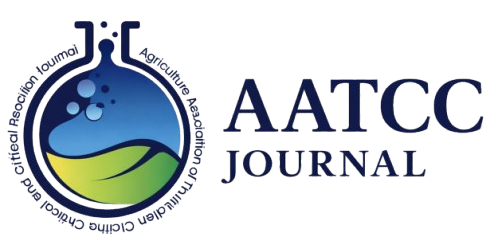Abstract
With the pace at which the global population is rising, in that proportion the agricultural
growth rate has not happened thereby affecting food production. In the era, of climate change,
industrialization, the colonization of fertile land, land degradation and the cessation of expanding
agricultural land, the situation has become increasingly unfavorable for meeting food demand
and changing dietary patterns. There is an urgent need to increase productivity per unit area
including climate-resilient alternative agriculture production systems that focus on resilience,
resource efficiency and disease management. Hydroponicsis based on vertical farming can be
achieved through a soilless cultivation system. Recently it has gained interest because of reduced
reliance on agricultural land and pesticides. Hydroponics technique can be used in regions with
poor soil quality, thereby reducing the harmful impacts of extreme weather conditions. The
hydroponic feasibility is depend on minimize challenges in cultivation such as technical
knowledge, initial cost of structure, the spread of water-borne diseases, the maintenance of
microclimates for diverse crops, managing root exudates, and controlling algal growth due
to light and nutrients. The hydroponics system enhances yield and crop productivity by
conserving water, energy, and space. Therefore, it can be an ideal option for agricultural
intensification and the sustainable growth of crop production.
